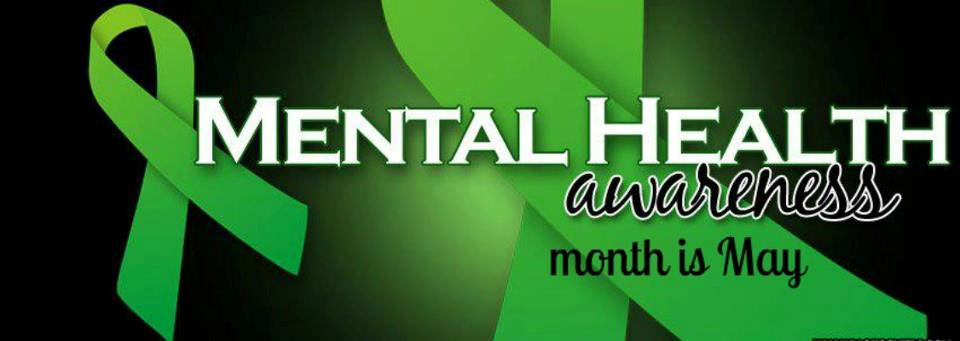
Since May is Mental Health Awareness month, I have to ask : How mindful are you about mental health ? or, What does it mean to be mentally healthy?
While understanding has grown and attitudes have improved over the years, there are still some misconceptions which linger concerning psychological disorders and emotional health which create confusion and unnecessary fears. One such myth is the notion that those who have emotional problems are “different” from you and me.
Perhaps part of the problem stems from the medical model out of which modern psychiatry grew. The old medical perspective did not understand a person’s condition in terms of degree or continuum. Instead it bifurcated a person’s condition into two groups: well or sick. Likewise many have come to think about mental health as a matter of two exclusive categories i.e. sane or insane (psychotic) . The very fear and stigma of insanity has caused many folks to avoid seeking help or even talking about anything to do with psychological problems. In fact, while there are rare psychotic disorders, most of the folks who suffer from emotional difficulties are quite sane.
New brain research has shown emotional problems are much more fluid than previously recognized and that emotional trauma can disrupt neuro-pathways and interfere with our ability to be logical and use good judgment. These findings have implications for the way we understand and conceptualize psychological disorders. Rather than seeing mental illness in a static way or in either-or terms, a better way to conceptualize and measure mental health is to see it on a continuum which runs from complete rationality on one end of the spectrum to complete irrationality on the other. Mental health and illness, then, may be seen as relative and contextual notions wherein healthier means more rational and ill means less rational.
The advantage of this model is that it recognizes and expresses the important fact that folks who suffer from mental disorders are not a separate or inferior class of people. We all have moments when we may become unreasonable. The key distinction for determining mental health or illness is how much and for how long the irrationality is present and to what degree it interferes with the person’s (or another’s) life. Indeed, most of us live somewhere on the continuum where no one is completely rational or irrational. Mental health, understood this way, is winning the struggle to be reasonable and resisting the pull of irrationality.
The aim of Mental Health Awareness Month is to increase understanding and discussion as well as to reduce embarrassment, fear and the stigma concerning psychological health and its disorders. Realizing that mental health is goal for which each one of us strives but that no one perfectly achieves expresses the universal challenge all humans face – to be reasonable in our approach to life. In the past, psychology depended on a medical model which divided conditions into well or ill.
Rev. Michael Heath, LMHC, Fellow AAPC 5 2 2018



